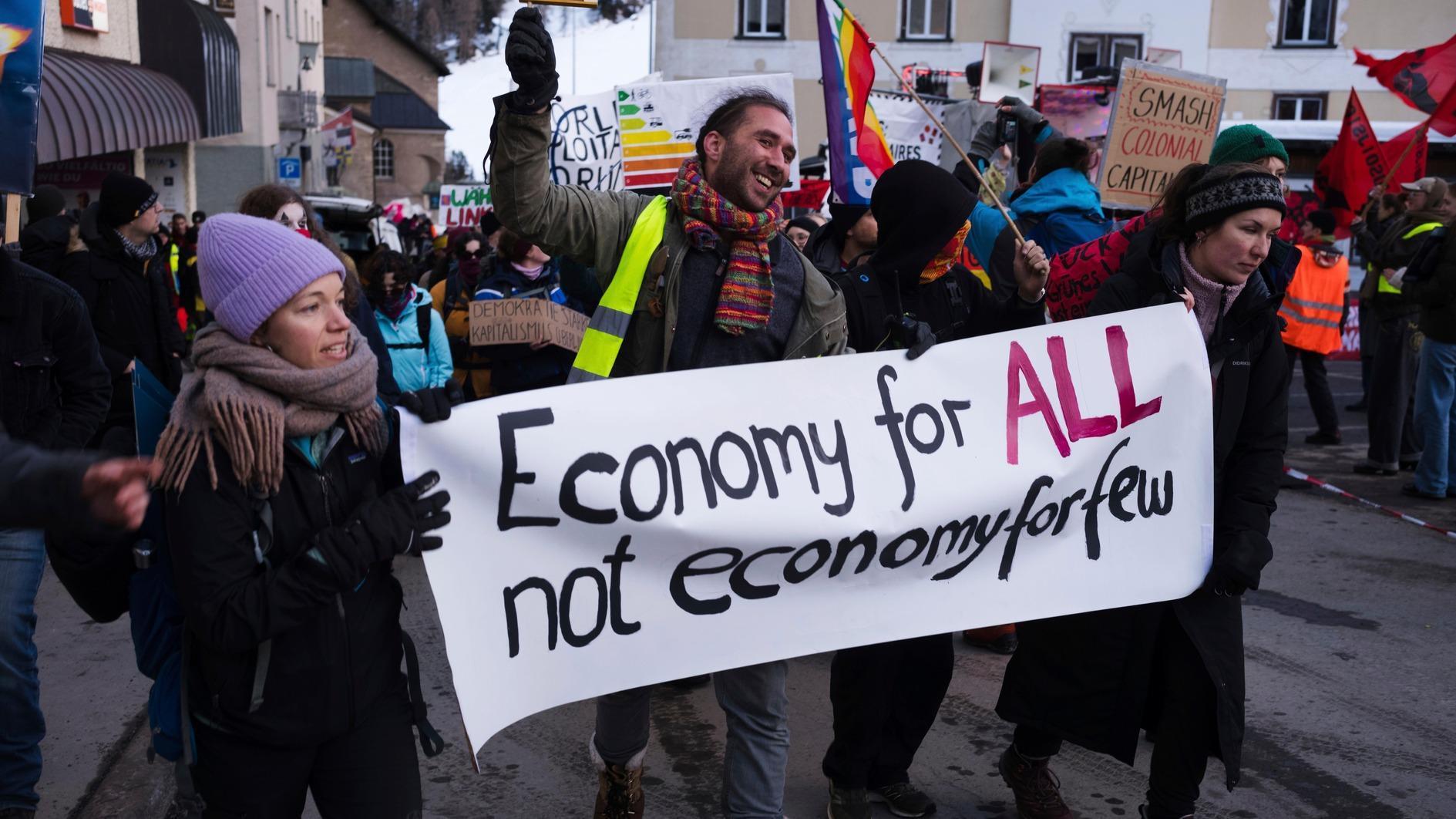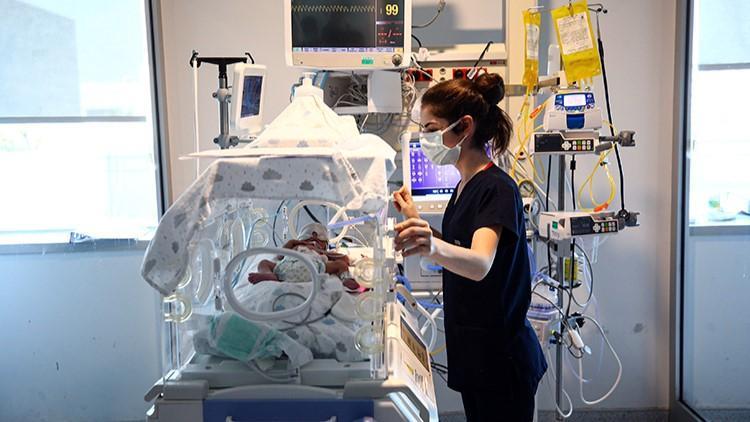Society of fear
Recently at a gathering of journalists friends, we were complaining that while there has not been any improvement in the climate of freedoms in the country, less and less craftsmen were writing about the lack of freedom of expression and, of course, media freedom, being castrated in the country.
Did anyone hear about the governor who has joined the campaign of “defending” the country’s almighty president? The governor of Isparta, a nice city in southwestern Turkey famous for its roses and carpets, issued an order to all state institutions in the province. The governor did not tell these public employee that they were expected to work harder to make life easier for the citizens. He did not ask for increased efficiency or higher performance. He asked people to become informers and spy on each other and on citizens.
Well, there is a bit of exaggeration in what I wrote. He did not exactly word his order as such. The governor instructed the personnel of all public institutions that “According to Articles 299 and 125 of the Turkish Penal Code, an action must be taken for the posts [on social media] including insults against our president and other senior government officials [the premier and such], which have increased lately in direct proportion to the increase of terror activities in our country.” His meaning was clear: The governor was asking public employee to spy on each other and the public and to report cases of “insulting” President Recep Tayyip Erdoğan and senior government officials straight to the police.
Well, insulting the president or a foreign head of state is considered a crime in Turkey. What is an insult and what is a criticism, of course, remains a contentious issue with the president and “all his men” defending that no one can insult the president and get away with it just because civil society or Turkey’s allies have been critical of such developments.
The number of cases opened against journalists in 2015 was 163. In 2015, a total of 418 proceedings were brought against members of the press. In 2015, media organizations were physically attacked 13 times, reflecting exhaustion and growing intolerance to criticism. Including those deferred or announcement of verdicts withheld, 20 journalists were sentenced in 2015. There were also 127 “criminal complaints” against journalists.
In 2015, 111 journalists were detained. The increase in the number of imprisoned journalists from 22 in 2014 to 32 in 2015 was itself indicative of freedom’s precarious situation in Turkey. In 2015 alone, 590 journalists were fired and 34 were compelled to resign and join the army of unemployed. The number of unemployed journalists is believed to have exceeded 7,000.
As a direct consequence of the consolidating fear atmosphere and intolerance to criticism in the country, censorship in various forms has escalated. In 2015, under the “accreditation” practice, some media organizations and scores of journalists were barred from access to information 31 times. Thus, the constitutional right to inform the public was violated persistently.
In the same period, broadcasts were blocked on 23 occasions by media watchdogs and access was blocked 46 times. In 2015, this accreditation practice was put into effect 31 times, broadcasts were blocked by watchdogs 107 times and access to news sites and journalist blogs occurred 802 times. Taking into account the period between March 2014 and end of 2015, accreditation took effect 55 times, broadcasts were blocked 130 times and access restrictions were imposed on 848 occasions.
The number of sites to which access had been blocked was 42,686 up until 2013. In 2014, however, this number increased by 23,558, creating a total of 66,244 blocked sites, to which 37,633 sites were added in the first 10 months of 2015, totaling a record that will be hard to break: 103,885 sites blocked.
All these figures, which were all gathered from the Press for Freedom 2015 reports of the Association of Journalists, underline the advance of the veil of fear on Turkish society.
***
Note: The author of this article is also the coordinator of the Press for Freedom project of the Association of Journalists, a non-profit NGO.











